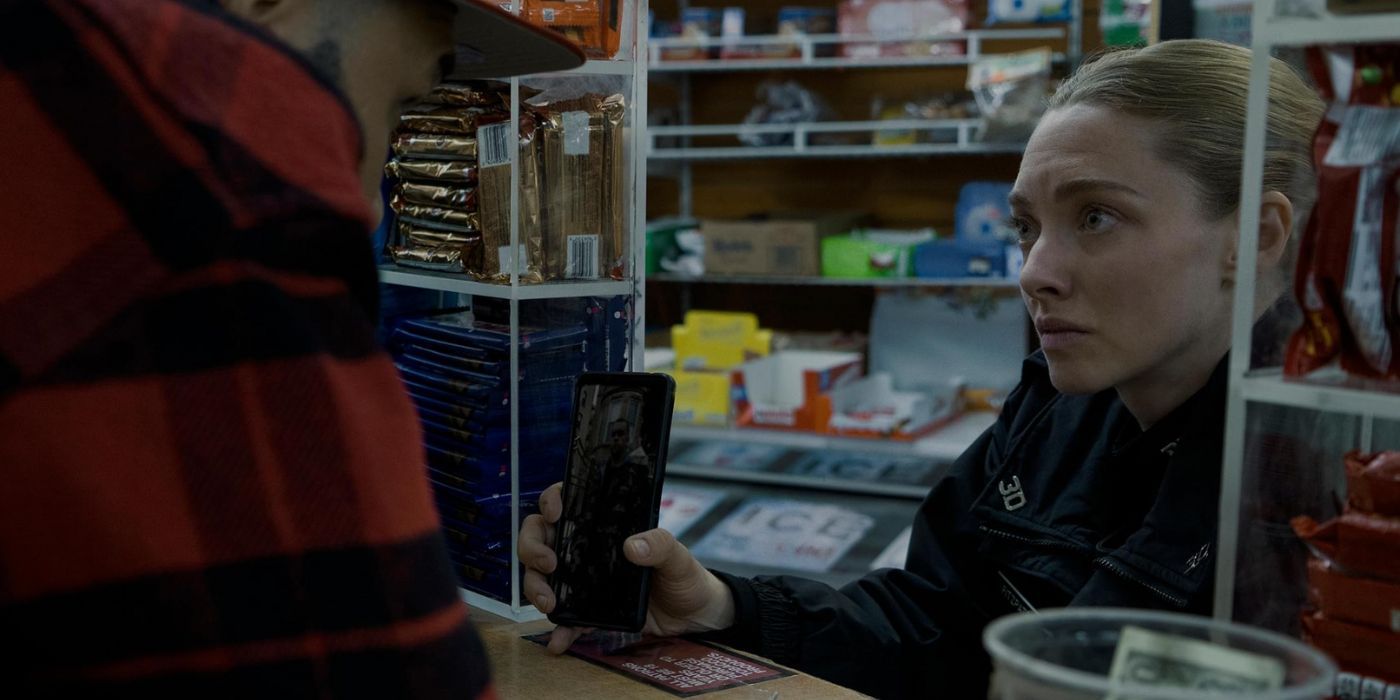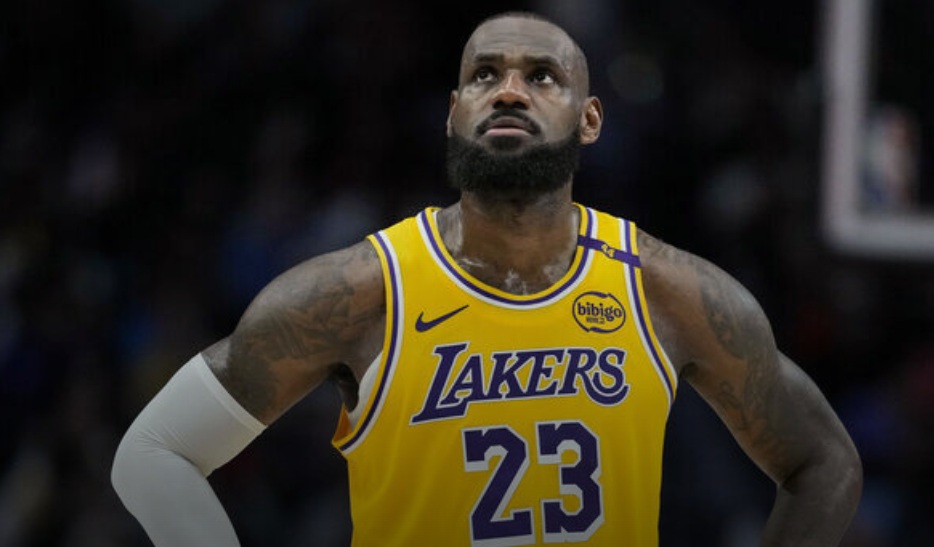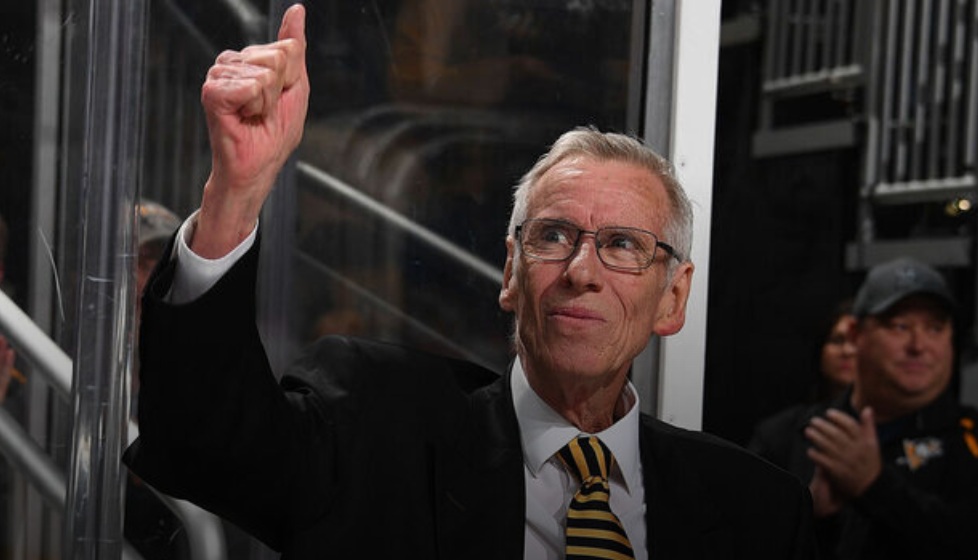Julia Roberts attends the 28th Annual Critics Choice Awards on Jan. 15 in Los Angeles. (Photo: Axelle/Bauer-Griffin/FilmMagic)
In the lead up to Sunday’s Oscars, producer Edward Zwick looked back at one of the many films that he’s worked on, which snagged an impressive seven trophies back in 1999: Shakespeare in Love.
Zwick wrote in a new excerpt from his memoir, described as “recently completed,” that was published on subscription site Air Mail, about the challenges of having made it, from a disappearing leading lady in Julia Roberts to a threatening studio executive in the form of Harvey Weinstein.
Here’s a breakdown:
What exactly is Zwick saying about Julia Roberts?
A lot. He writes about her having taken on the role of Viola De Lesseps before Gwyneth Paltrow, who eventually took it on — to great acclaim — and then dropped out. This was years before the movie was actually finished, but after her performance in the hit Pretty Woman in 1990. (He described her at least twice as having been 24, so that would have been in late 1991 or most of 1992. Roberts’s birthday is Oct. 28.)
In fact, he said that it was her involvement that “got the studio excited enough to cough up the dough” needed to make it.
But he noted that his leading lady seemed to be having problems in her personal life at the time. She was wary of the paparazzi, having just broken up with Kiefer Sutherland in June 1991, days before they were supposed to be married, as she coupled up with Jason Patric. (If you weren’t around then, just imagine the pandemonium around the breakup of Brad Pitt and Jennifer Aniston.)
Jason Patric and Julia Roberts attend the premiere of Rush on Dec. 18, 1991 in Hollywood, Calif. (Photo: Ron Galella, Ltd./Ron Galella Collection via Getty Images)
As Zwick tells it, Roberts really wanted Daniel Day-Lewis to be her leading man, even to the point of sending him two dozen roses with a card that read, “Be my Romeo.” When Lewis couldn’t do it, because he had committed to starring In the Name of the Father, Roberts was seriously unhappy. Although Zwick said he went to great pains to find quality actors for her to read with as they chose someone for the role, including Colin Firth and Hugh Grant — Roberts’s future co-star in Knotting Hill a decade later — she didn’t have chemistry with any of them.
Story continues
“To be sure, none of them, no matter how gifted, funny, or handsome, were as ‘right’ as Daniel — which stands to reason, because they weren’t Daniel,” Zwick wrote. “To this day, whenever I run into Russell Crowe, he berates me for not having cast him. We must have auditioned every actor in England.”
How is he saying she left the film?
“After two weeks of casting, there was only one actor with whom Julia was willing to test. His name was Paul McGann. We arranged a full screen test at Pinewood,” Zwick recounted. “On the morning of the test, Julia emerged from makeup, looking radiant in full period costume. But once she began to say the words, something was wrong. There was no magic. The problem wasn’t the script. Or Paul McGann. It was Julia. From the moment she began to speak it was clear she hadn’t been working on the accent.”
The production had arranged for the Georgia-born actress to work with a dialect coach.
“Sensing Julia’s discomfort, I tried to be encouraging, but she must have intuited my unease, and I made the tragic mistake of underestimating her insecurity,” Zwick continued. “Having only recently been catapulted to the dizzying heights atop the Hollywood food chain, she must have been terrified to fail. But I would never get to talk her off the ledge. The next morning when I called her room, I was told she had checked out.”
The studio had reportedly already spent $6 million on the project.
So is Zwick mad at Roberts?
Edward Zwick has produced and directed movies including Blood Diamond and Legends of the Fall. (Photo: Slaven Vlasic/Getty Images)
According to his own words, Zwick was upset when Roberts unceremoniously left his film, but he noted that she was young, and he wasn’t much older. He has “no ill will,” although he hasn’t spoken to her since.
Reps for Roberts did not respond to Yahoo Entertainment’s request for comment.
What does Weinstein have to do with this?
Zwick wrote that his movie was in turnaround for a while, until the now disgraced producer and his former company, Miramax, snapped it up.
“When my agent, Jeff Berg, called and asked Harvey what my role would be in a movie I’d developed and nursed for seven years, Harvey said that I was being cut out of the process,” Zwick said. “That I had been paid during the term of my deal with Universal, and he had no obligation to include me. My next call was to Bert Fields, the Hollywood lawyer. Equally respected and feared throughout town, Bert sent Miramax a legal letter. And that’s when the threats began.”
It got ugly. But Zwick did end up with a producer credit on the movie, even though he got shut out from the microphone at a key moment. (Zwick is the guy who’s visibly disappointed when Weinstein takes the mic about 2:47.)
Why, again, is this coming out now?
Shakespeare in Love arrived in theaters on Dec. 11, 1998, so it’s 25th anniversary is still about nine months away. But, as we mentioned, it really cleaned up at the Academy Awards, winning awards for music, costume design and art direction, as well as writing, supporting actress (Judi Dench) actress (Gwyneth Paltrow) and the coveted title of Best Picture.
This year, 10 films — All Quiet on the Western Front; Avatar: The Way of Water; The Banshees of Inisherin; Elvis; Everything Everywhere All at Once; The Fabelmans; Tár ; Top Gun: Maverick; Triangle of Sadness; and Women Talking — will vie for the same award.
You can view the original article HERE.
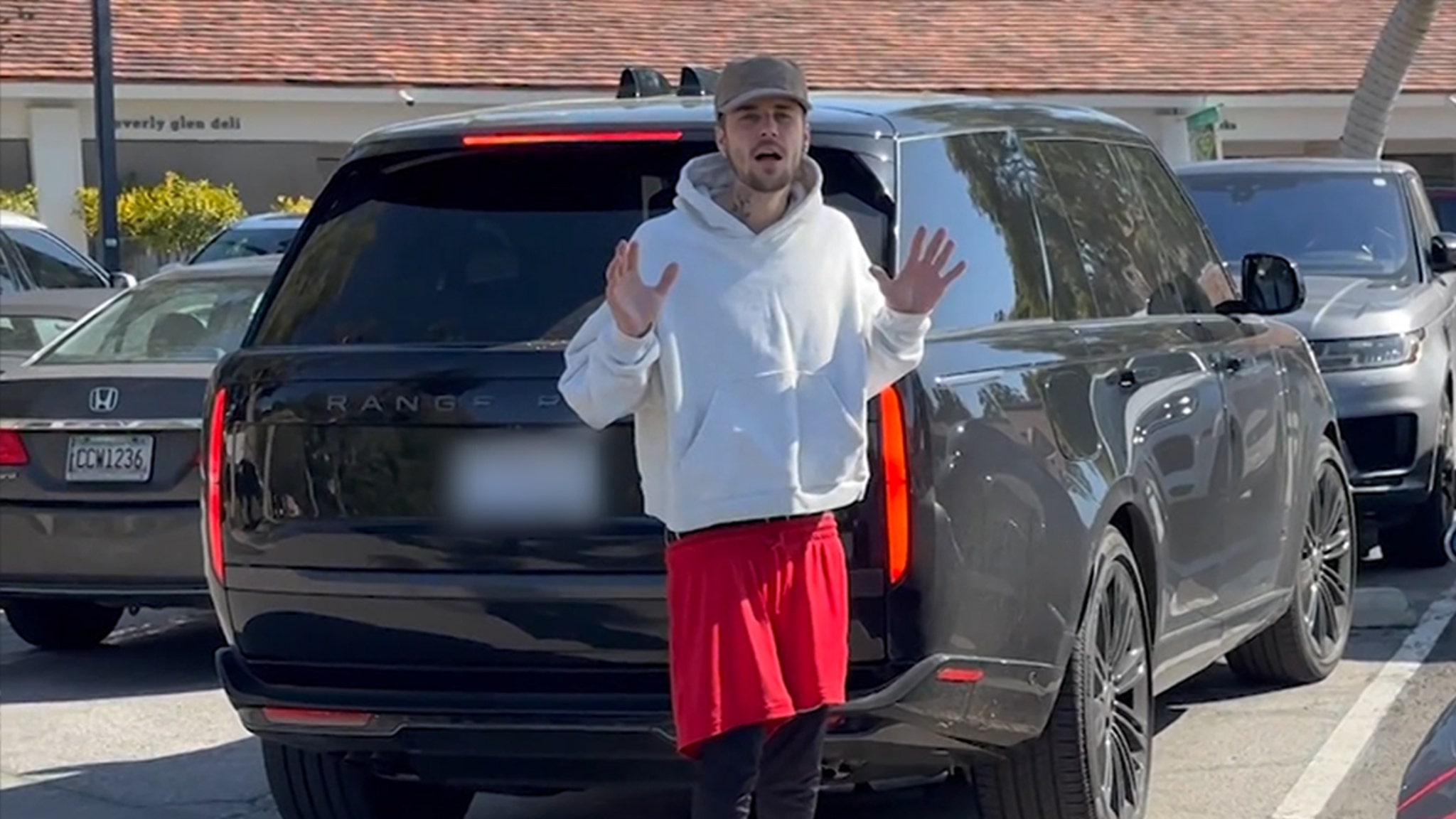
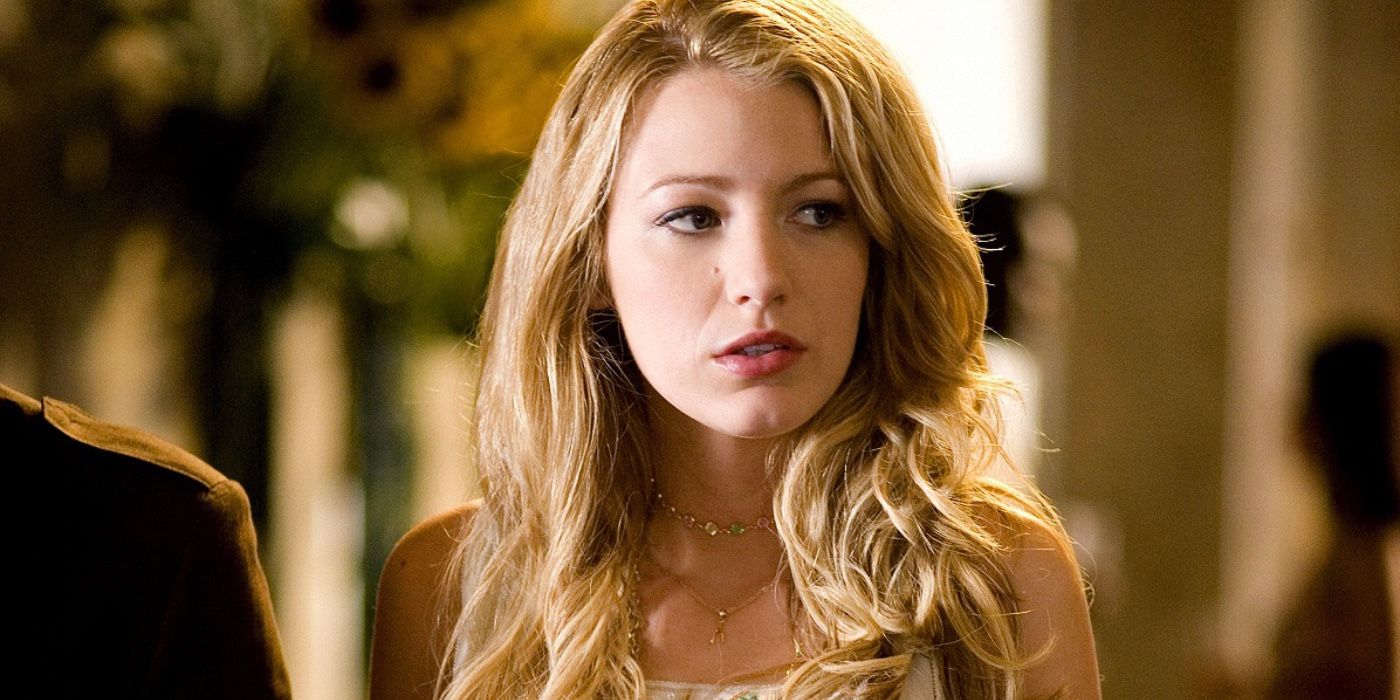



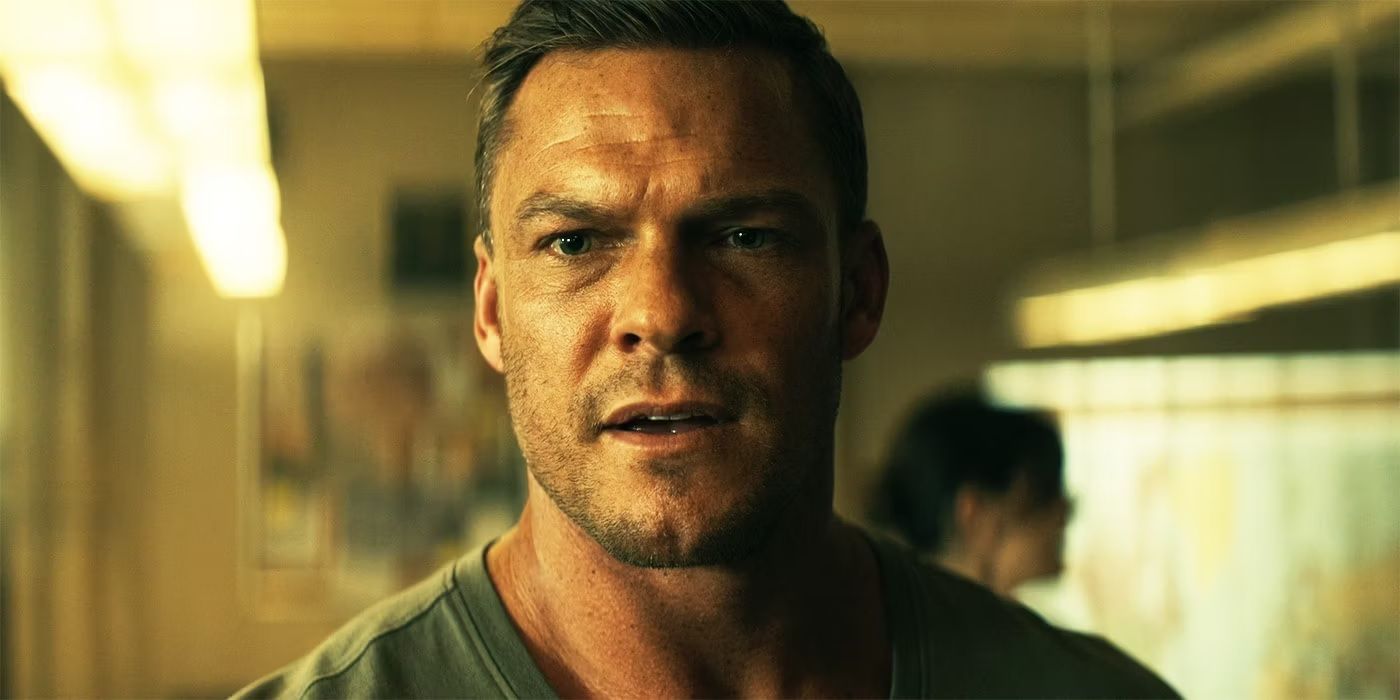
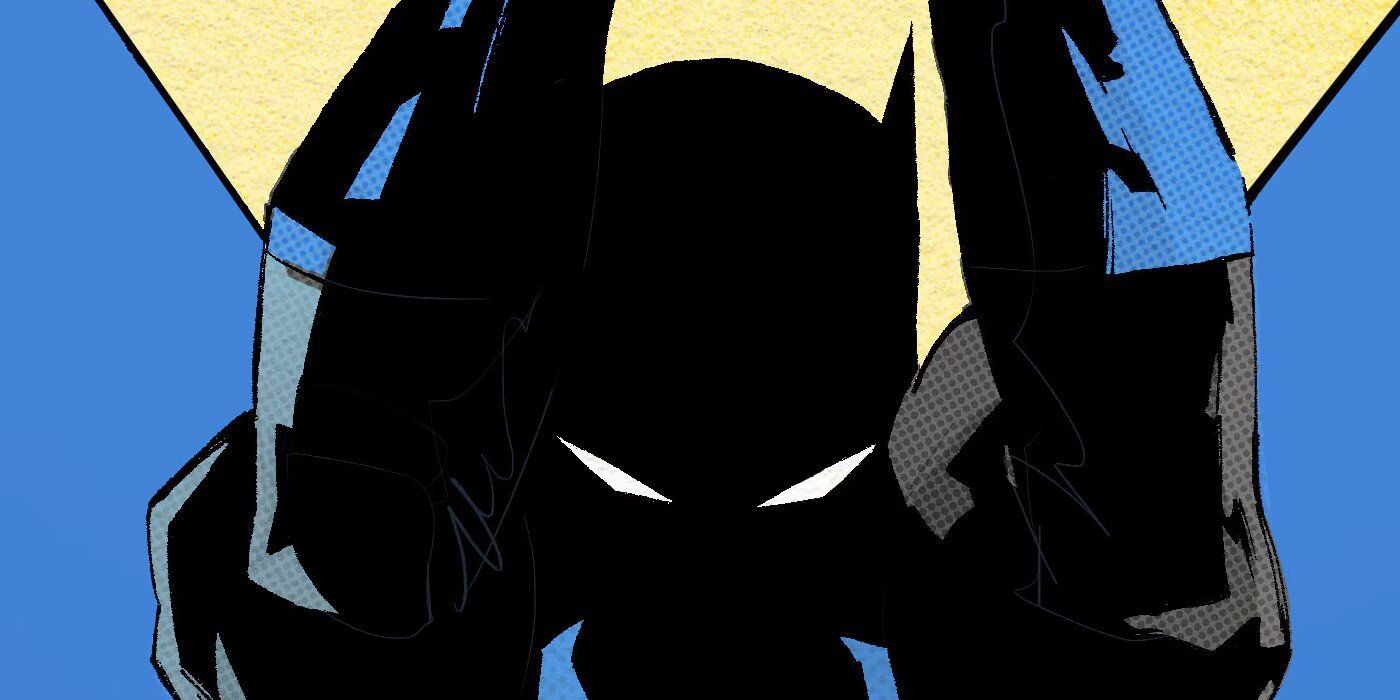

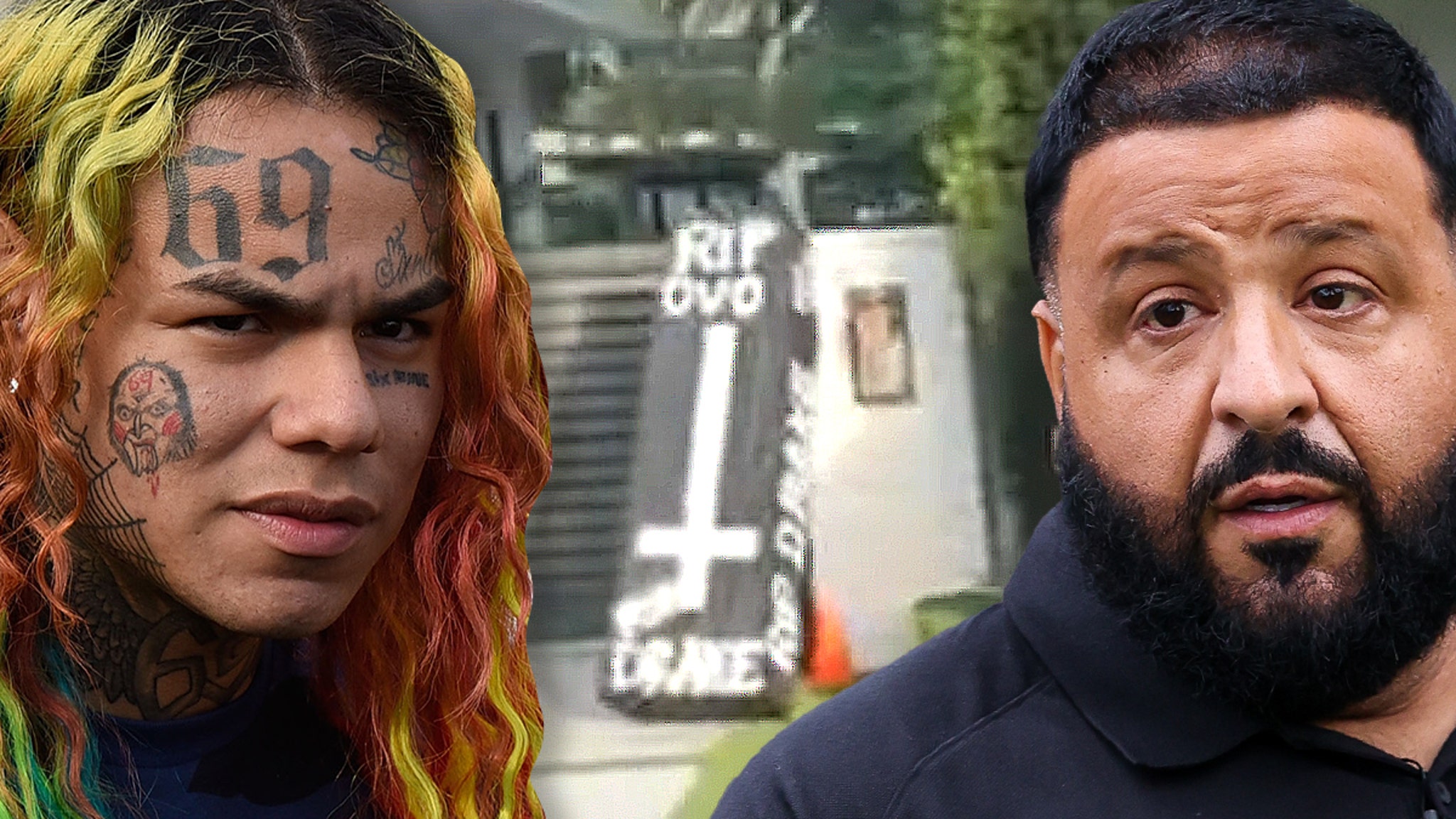



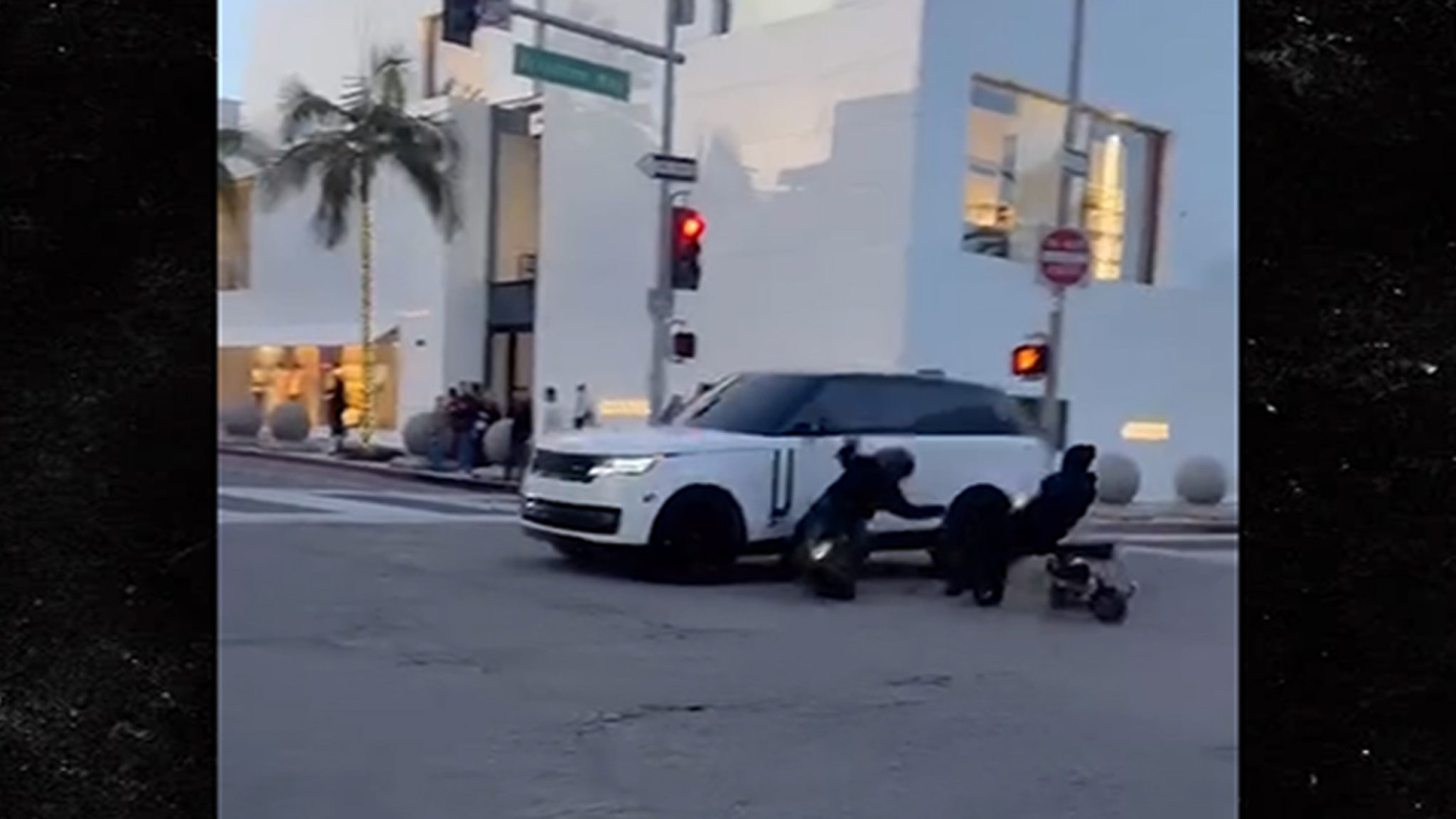

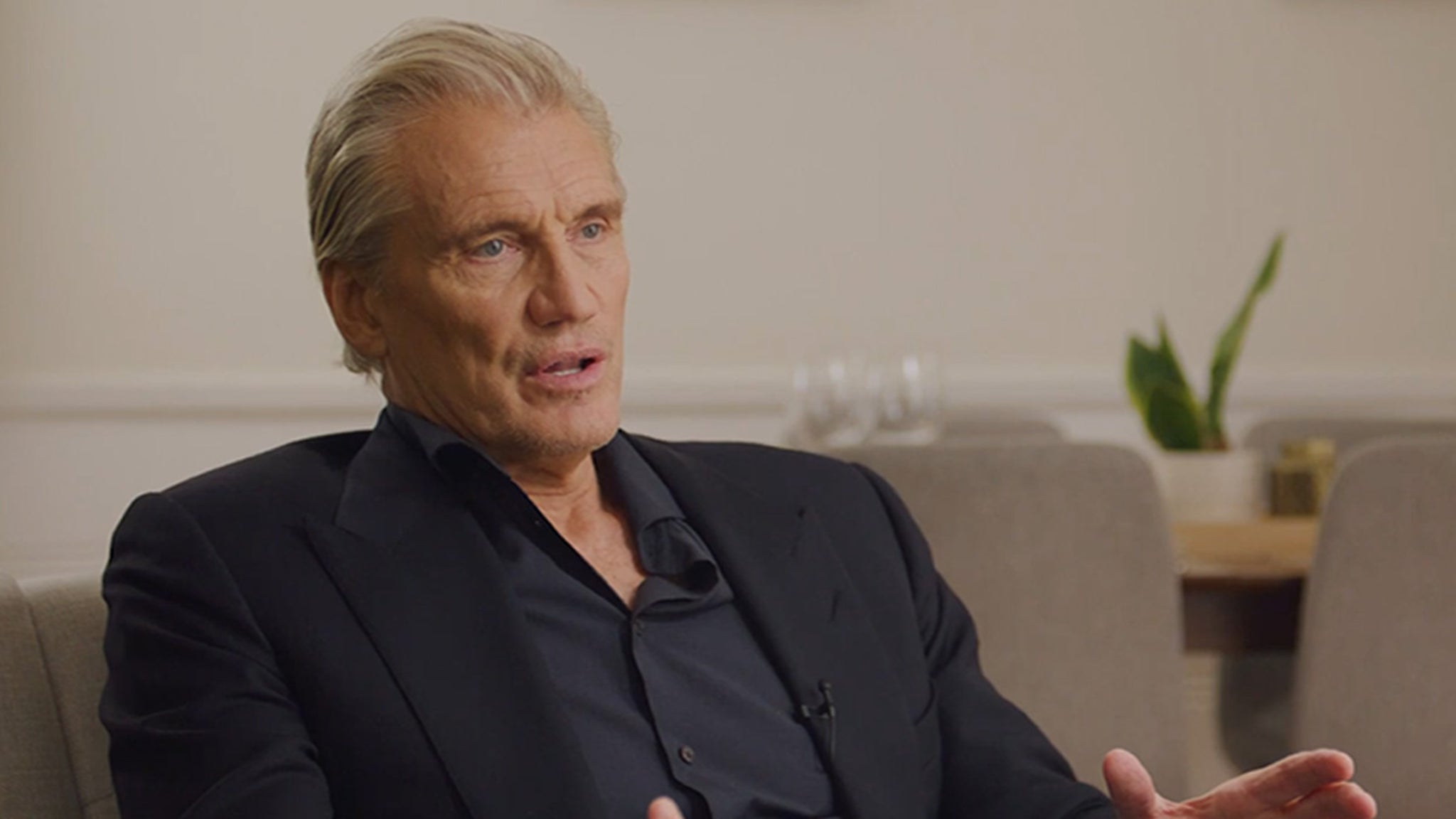

:quality(85):extract_cover()/2023/07/02/926/n/1922398/db55447864a1e87d7c2b22.55345618_.jpg)

